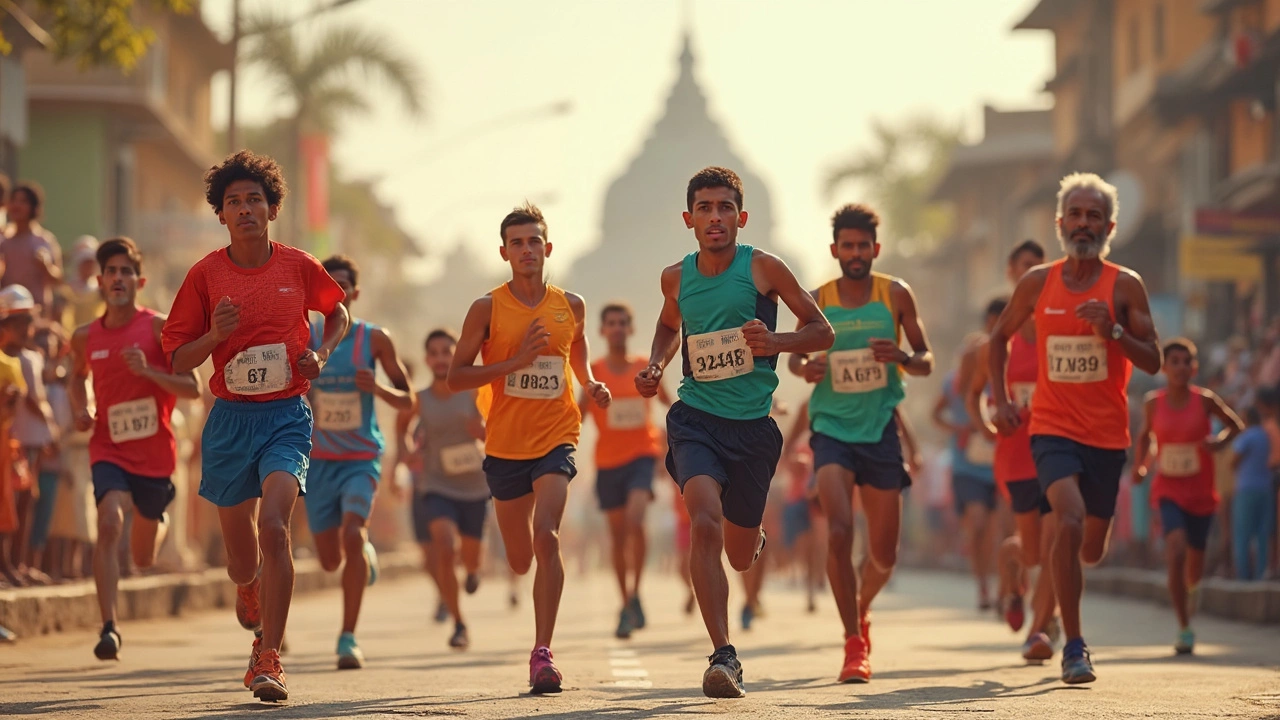Best Age for Marathon Running – When to Start and How to Train
Thinking about signing up for a marathon but not sure if you’re at the right age? You’re not alone. Age plays a big role in how your body handles long runs, recovery time, and injury risk. Below we break down the sweet spots, what to expect at different ages, and simple tips to make your marathon experience safe and rewarding.
Age‑Related Performance Peaks
Most runners hit their fastest marathon times between 27 and 35. Around this window, you have enough training mileage to build endurance, while your VO2 max and muscle strength are still near their peak. If you’re in your late 20s or early 30s, you’ll likely see quicker improvements and can handle longer weekly runs without excessive fatigue.
Those in their early 20s often have great speed but may lack the mileage base needed for a full marathon. Building consistent long runs for a season or two before the race can close that gap. On the flip side, runners over 40 can still post impressive times, especially if they focus on gradual volume increases, strength work, and recovery.
Training Tips for Every Age Group
Under 25: Prioritize building a solid aerobic base. Aim for three to four runs a week, with one long run that grows by about 10% each week. Include easy runs and a couple of tempo sessions to develop speed without overloading joints.
25‑35: This is your performance window. Mix high‑quality intervals, hill repeats, and marathon‑pace runs. Pay attention to recovery—add a rest day or easy cross‑training after hard sessions to avoid burnout.
35‑45: Focus on maintaining strength and flexibility. Incorporate strength training twice a week and stretch after each run. Keep your weekly mileage steady, but listen to warning signs like lingering soreness.
45 and up: Recovery becomes the star of the show. Stretch, foam roll, and get enough sleep. Reduce high‑impact work and replace it with low‑impact cardio (like cycling or swimming) on off‑days. A marathon is still doable if you respect your body’s limits.
Regardless of age, the safest marathon frequency is one to two races per year. Running too many marathons back‑to‑back can raise injury risk, especially for older runners whose tissues recover more slowly.
Nutrition matters at any age, but older athletes should pay extra attention to protein intake and joint‑supporting nutrients like omega‑3s and vitamin D. Hydration, electrolytes, and a balanced diet will keep you fueled for those long training runs.
Bottom line: there’s no single “best” age that fits everyone. Your personal health, training history, and goals matter more than a calendar year. Start where you are, follow age‑appropriate training cues, and you’ll find the marathon that works for you.
